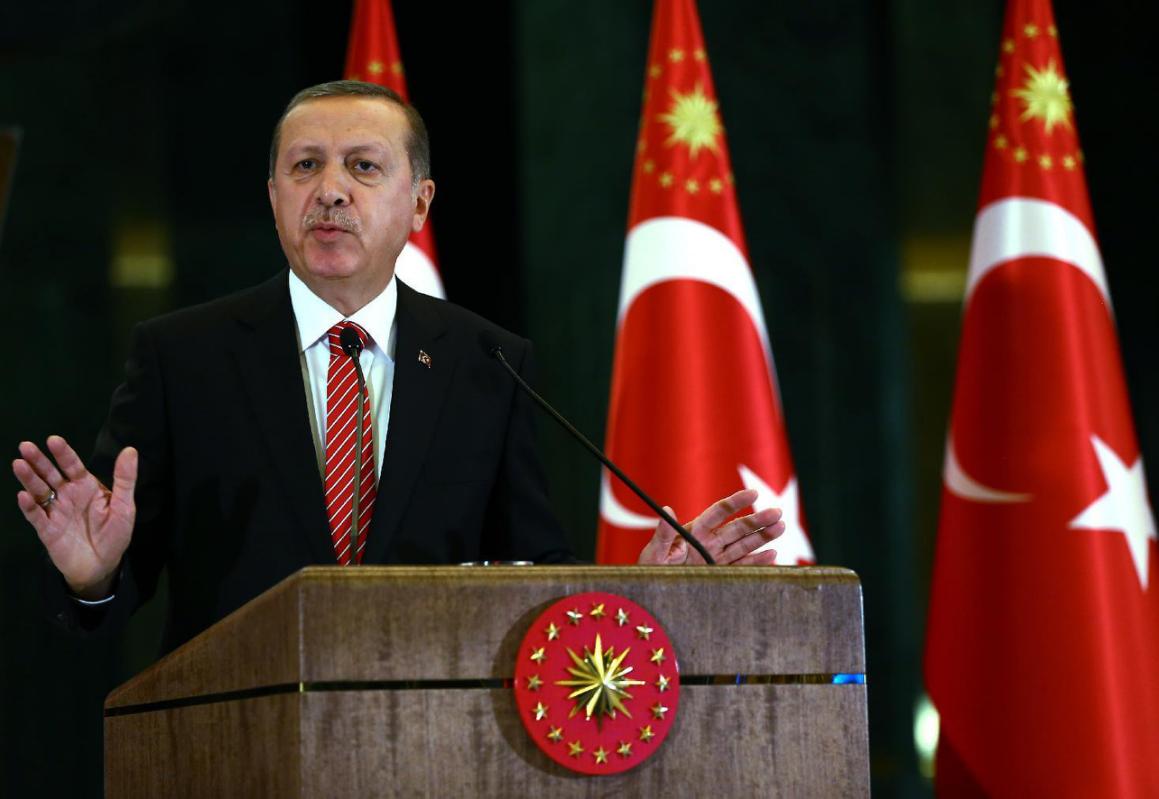Turkey’s decision to send up to 3,000 troops to Qatar further cements their growing ties, but it virtually eliminates a possible role for Ankara to mediate between Qatar and the Gulf states that have decided to isolate it for alleged support of terrorism.
Both countries have found themselves increasingly isolated Turkey for the increasing authoritarian rule of President Recep Tayyip Erdogan and Qatar for its alleged financial support of extremist groups and growing ties with Iran, the main competitor to Saudi Arabia for power and influence in the region. Qatar denies the allegation.
Erdogan reportedly tried to intervene after Saudi Arabia, the United Arab Emirates, Bahrain, Egypt and Yemen cut diplomatic ties Monday with Qatar and took other measures to pressure it. He then convened a special session of Parliament on Wednesday night to authorize the dispatch of up to 3,000 troops to Qatar and hold military exercises with the country.
Saying both countries faced the “same threats,” Turkey agreed last year to open a military base in Doha and had already dispatched 150-300 troops there. The agreements that were finalized Wednesday were signed in 2016 but had not yet been approved before suddenly being pushed to the top of Parliament’s agenda.
Risky business
The move carries some risk for Turkey, particularly if Saudi Arabia attacks or annexes Qatar.
“If there is Qatar on one side and the rest of the Gulf states on the other, one must be very careful,” said Dr. Ali Faik Demir, a member of the Galatasaray University International Relations Department. “Meaning that no state can be brave enough to take on the Gulf states in investment and economic relations-wise by standing with Qatar.”
While the troops are not expected to fight for Qatar should hostilities break out, Demir says Turkey should have avoided the appearances of giving Qatar military support when it could mediate the crisis.
“Turkey is in a position to become a key in peace in Middle East and other subjects when one considers her America and West relations, even Russia relations, and especially the delicate Iranian balances and how she is an important power in the Muslim world and in the Middle East,” Demir told VOA Turkish.
Qatar needs quick solution
Kadir Has University professor Serhat Guvenc says Qatar will suffer badly if the crisis is not solved in a short time, and if the crisis continues this will impact Turkey adversely due to its support of Qatar.
But Turkey’s decision also is an economic one.
Qatar has recently developed into one of the most active investors in Turkey’s economy. Economists estimate Qatar has invested $19 billion in Turkey, buying Digiturk and Finansbank in the last two years. Turkish defense industry giant BMC also has a Qatari partnership, and Qatari Emir Sheik Temim bought the most expensive part of the Bosphorus in 2015.
In December 2015, Turkey reached a long-term deal to buy liquefied natural gas from Qatar. Bilateral trade totaled $710 million last year.











